About The Conference
Superconducting Qubits and Algorithms (SQA) is a not-for-profit scientific conference with a focus on science, technology, and algorithms relevant for superconducting quantum computers. It is organized by IQM Quantum Computers, the Technical University of Munich and the Munich Quantum Valley in cooperation with the scientific community. Our goal is to make this the leading event in its field.
Where
Munich, Germany
on-site participation only, but talks can be freely watched via live stream
When
Tuesday to Friday
29 August - 01 September 2023
Livestream 2023
Watch the livestream here (or on YouTube)
Important Dates
Submission site opening
February 1, 2023 AoE
Abstract Submission Deadline
April 23, AoE
Notification of Acceptance
May, 2023 AoE
Early bird Registration Deadline
June, 2023 AoE
Registration closes
August 22, 2023 AoE
Conference
August 29 - September 01, 2023
We are looking forward to your contribution. For details, see the
Call for Abstracts.
Speakers
Keynote speakers
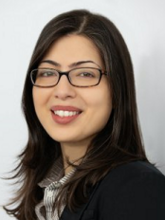
Prof. Shruti Puri
Yale University
Nadine Poncioni-small.jpg)
Prof. Johannes Fink
Institute of Science and Technology Austria
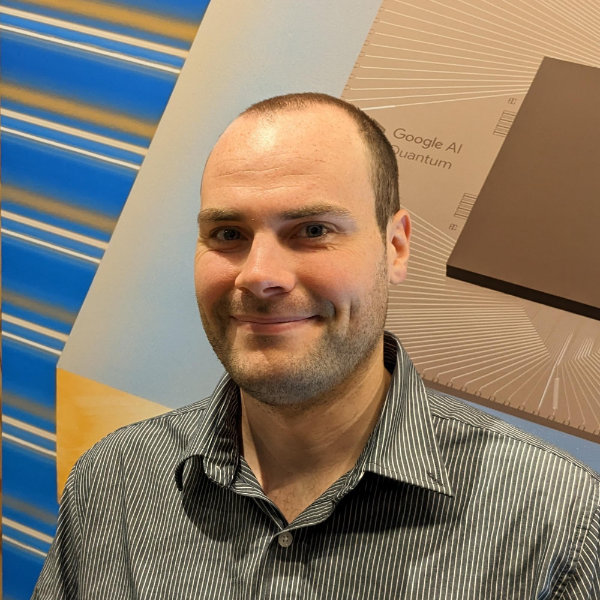
Dr. Alexandre Bourassa
Google Quantum AI
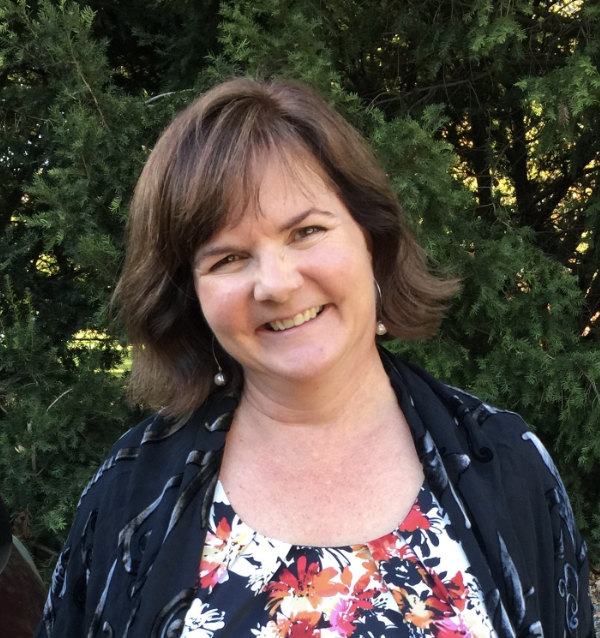
Donna Yost
MIT Lincoln Laboratory
Invited speakers
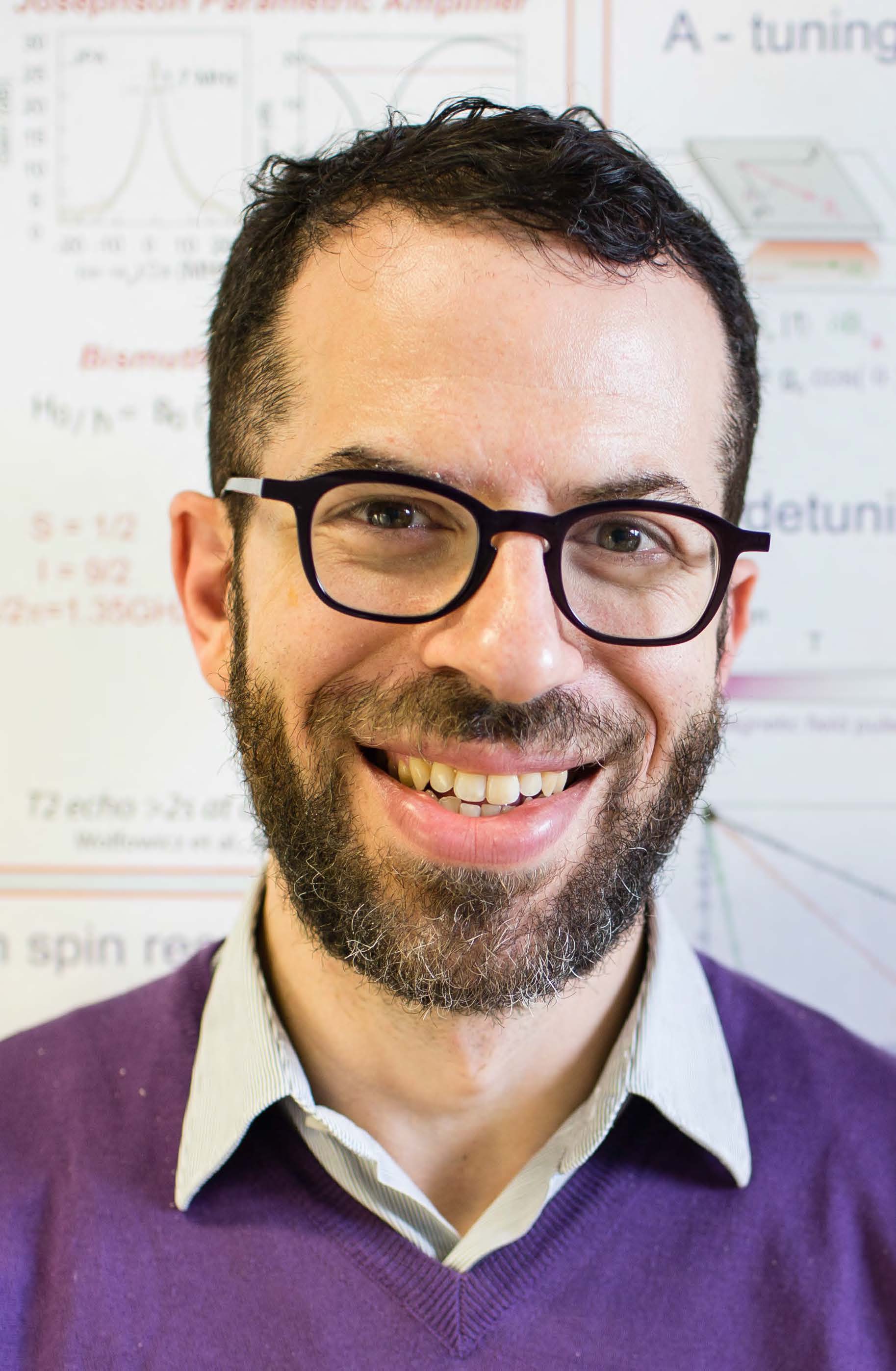
Prof. Patrice Bertet
Université Paris-Saclay
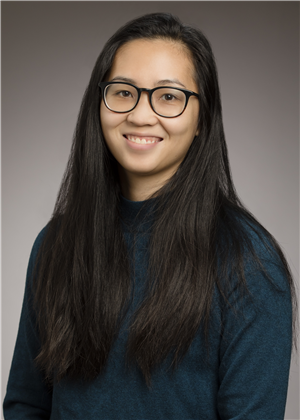
Prof. Angela Kou
University of Illinois at Urbana-Champaign
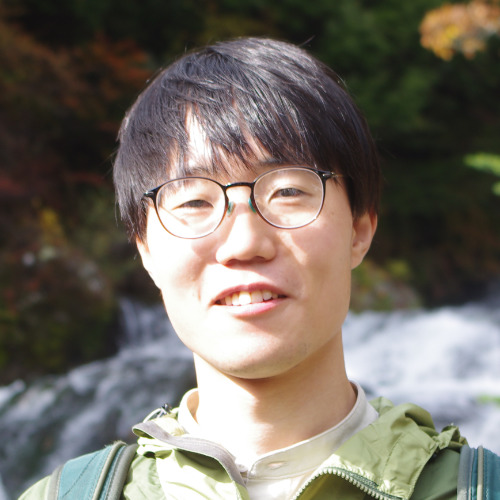
Dr. Yoshiki Sunada
University of Tokyo
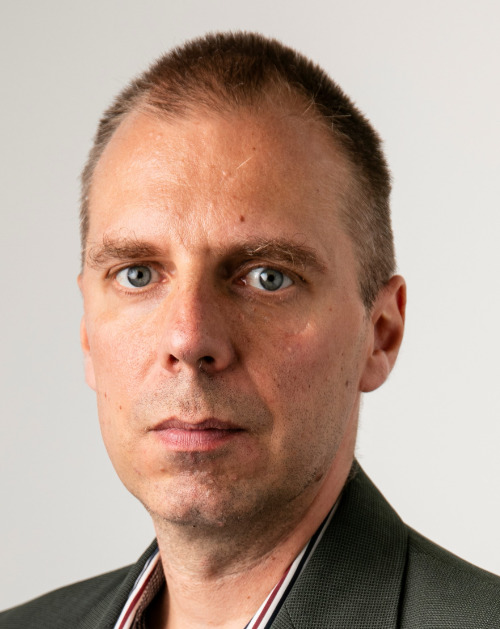
Dr. Juha Hassel
IQM

Dr. Thorsten Last
Orange Quantum Systems
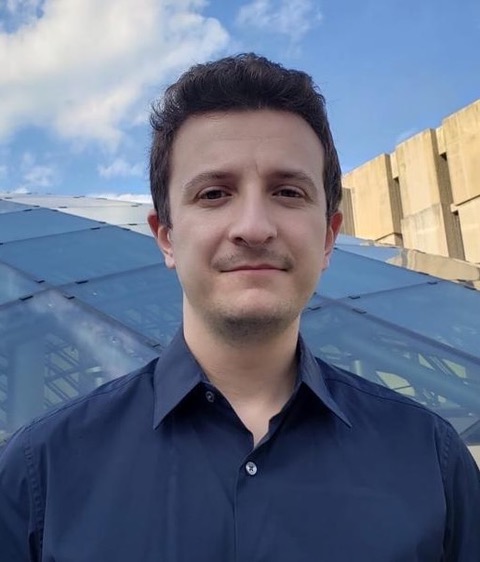
Dr. Andrei Vrajitoarea
University of Chicago

Dr. Luke Govia
IBM
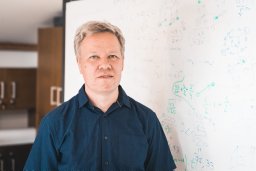
Prof. Andris Ambainis
University of Latvia
Committee
Scientific Committee
Scientific Advisors
Local Organizing Committee
Gallery
Check out the images from SQA 2022 (more images here)
Event Schedule
Check out the abstracts here
Registration opens
Opening and Keynote
Keynote by Shruti Puri, Yale University: Good Qubits and Good Quantum Error Correction Codes (Abstract)
Welcome Reception
Opening Day 2 and Keynote
Keynote by Alexandre Bourassa, Google Quantum AI: Suppressing quantum errors by scaling a surface code logical qubit (Abstract)
Scientific Session: Quantum error correction and mitigation
Patrick Winkel, Yale University: Dual-rail encoding with superconducting cavities (Abstract)
Luca Hofele, ETH Zurich: Fast Flux-Activated Leakage Reduction Unit (Abstract)
Benjamin Huard, ENS Lyon: Passive two-photon dissipation for bit-flip error correction of a cat code
(Abstract)
Coffee Break
Scientific Session: Unconventional superconducting qubits
Angela Kou, University of Illinois, Urbana-Champaign: Building a hybrid quantum device from
semiconducting spins and superconducting circuits (Abstract)
Barkay Guttel, Weizmann Institute: A superconducting quantum memory with tens of milliseconds
coherence time (Abstract)
Vasilii Vadimov, Aalto University: Resonator-free readout of a unimon qubit (Abstract)
Axel M Eriksson, Chalmers University: Universal control of a bosonic mode in a planar superconducting
nonlinear resonator via native interactions (Abstract)
Lunch Break (Buffet)
Workshop: "Why isn't it perfect yet?! Reverse engineering quantum devices with the Qruise toolset to identify performance bottlenecks" by Qruise
Workshop: "How do I program my dream experiment? A hands-on QUA and OPX workshop" by Quantum Machines
Scientific Session (Posters)
Workshop: "Accelerate Quantum Innovation: Advancing towards a 1000Q+ Quantum Computer" by Keysight Technologies
Coffee Break
Keynote
Keynote by Donna Yost, MIT Lincoln Laboratory: 3D Integration Technologies for Extensible Quantum Processors (Abstract)
Scientific Session: Fabrication and materials
Wei Liu, IQM Quantum Computers: Development of the quantum processing units (QPUs) at IQM Quantum
Computers
(Abstract)
Jared Cole, RMIT University: Defects in qubits, novel experiments which probe the limits of the
standard tunnelling model (Abstract)
Harsh Gupta, TU Munich: Enhancing the temporal stability of superconducting resonators: Passivation of
niobium surfaces with self-assembled monolayers (Abstract)
Amr Osman, Chalmers University: Mitigation of frequency collisions in superconducting quantum
processors (Abstract)
Excursions
Kiutra Facility Tour, WMI Visit, LRZ Visit, or Munich City TourOpening Day 3 and Keynote
Keynote by Johannes Fink: Superconducting electrooptic interconnects: Entanglement and readout of superconducting circuits with light (Abstract)
Scientific Session: Supporting hardware
Yonatan Cohen, Quantum Machines: Unlocking the Potential of Quantum-Classical Processing (Abstract)
Tom Stace, Analog Quantum Circuits: Improving the performance of a passive on-chip superconducting
circulator (Abstract)
Mats Tholen, KTH: Characterization and benchmarking of a phase-sensitive two-qubit gate using direct
digital synthesis (Abstract)
Coffee Break
Scientific Session: Benchmarking and enabling software
Thorsten Last, Orange Quantum Systems: Ingredients for developing superconducting quantum processors
at scale (Abstract)
Amit Devra, TU Munich: Wigner State and Process Tomography on Near-Term Quantum Devices (Abstract)
Zoltan Zimboras, Wigner Research Centre for Physics: Efficient quantum gate decomposition via adaptive
circuit compression (Abstract)
Anurag Saha Roy, Qruise: Adaptive characterisation of a flux tunable superconducting qubit processor
with model based Reinforcement Learning (Abstract)
Lunch Break (buffet)
Workshop: "Accelerating the advent of the quantum computer with off-the-shelf QPUs and TWPAs" by QuantWare
Scientific Session (Posters)
Workshop: "Automating the tuning and optimisation of quantum computers with Quantum Edge" by QuantrolOx
Workshop: "A control stack to accelerate progress towards quantum advantage" by Zurich Instruments (Abstract)
Coffee Break
Scientific Session: High-fidelity elementary operations: gates, readout, reset I
Juha Hassel, IQM Quantum Computers: From high-quality building blocks to scalable quantum computers (Abstract)
Liangyu Chen, Chalmers University: Qubit-state discrimination techniques for accurate quantum error
correction (Abstract)
Eli Levenson-Falk, USC: Active, on-demand dissipation for qubit reset and coherence
preservation (Abstract)
Scientific Session: High-fidelity elementary operations: gates, readout, reset II
Yoshiki Sunada, University of Tokyo: Thermal-noise-tolerant dispersive readout of a superconducting
qubit using a nonlinear Purcell filter
(Abstract)
Florian Wallner, TU Munich: Fast and High Fidelity Operation of Coupled Fluxoniums
(Abstract)
Sumeru Hazra, Yale University: Purely non-linear interaction between a qubit and its readout
resonator (Abstract)
Dinner and Qubit Hunt
Scientific Session: Applications of superconducting qubits beyond computing
Patrice Bertet, Université Paris-Saclay:
Single electron-spin-resonance detection by microwave photon counting
(Abstract)
Camryn Undershute, Michigan State University: Phononic dissipation with superconducting qubits
(Abstract)
Matti Silveri, University of Oulu: Dynamics beyond two-level approximation in transmon arrays (Abstract)
Andrei Vrajitoarea, Stanford University
(Abstract)
Zenghui Bao, Tsinghua University: Experimental preparation of generalized and multipartite cat states
for itinerant microwave photons
(Abstract)
Coffee break
Scientific Session: Near-term algorithms, applications, and co-design
Andris Ambainis: Quantum algorithms for general search strategies, University of Latvia
(Abstract)
Shao-Hen Chiew, University of Singapore: Scalable Quantum Computation of Highly Excited Eigenstates
with Spectral Transforms
(Abstract)
Nick Blunt, Riverlane: Statistical phase estimation and error mitigation on a superconducting quantum
processor (Abstract)
Francois Jamet, National Physical Laboratory: Anderson impurity solver integrating tensor network
methods with quantum
computing (Abstract)
Lunch Break Buffet
Scientific Session: Design and modeling
Luke Govia, IBM: Error modeling to understand and improve device performance in superconducting
systems (Abstract)
María Hita-Pérez, CSIC: Capacitive coupling of persistent current qubits (Abstract)
Abhishek Agarwal, National Physical Laboratory: Modelling non-Markovian noise in driven
superconducting qubits (Abstract)
Closing
Location
Munich, Germany
Located in the heart of Europa, Munich has a vibrant quantum ecosystem. The capital of the German state of Bavaria is home to the Oktoberfest, offers great museums, parks and buildings and boasts an excellent food scene. Explore Munich while you attend SQA 2023. Learn more here.
The event itself will take place in Science Congress Center Munich (Walther-von-Dyck Str. 10, 85748 Garching)
Supporters
Platinum supporters
Gold supporters
Silver supporters
Bronze supporters
Reception supporter
A big thank you also to last years supporters.
F.A.Q.
-
Can I attend without a submission?
Absolutely. We still invite you to submit your talk or poster to discuss it with the scientific community.
-
Do you offer any kind of scholarships?
Actually, we do! The selection of scholarship recipients is based on need and your submission. There is a separate gremium deciding on that.
-
Is the conference on-site or hybrid?
This conference is held on-site only. But we will live stream the conference.
-
What are the rules regarding COVID?
The organizers of the SQA Conference 2023 are taking all measures to make the event safe. Thus, the venue and the partners we have chosen to work with on this event have implemented specific sanitary protocols ensuring the safety of all employees and visitors. We will follow the official German guidelines for large in-person gatherings at the time of the conference.
Get Updates
We will inform you only about relevant updates (such as deadlines) concerning the SQA conference – promise!
Registration
Registration fees include lunch and refreshments on each day, and excursion. Travel and accomodation need to be booked separately. Registration closes on August 22, 2023 AoE.You will receive a booking link for your hotel stay after confirming your SQA attendance.
Student (including PhD)
€270
Regular
€440
Contact Us
SQA Conference 2023 is organized by IQM Quantum Computers, Munich Quantum Valley and TU Munich.



Please contact us via email for all your questions regarding the SQA Conference.
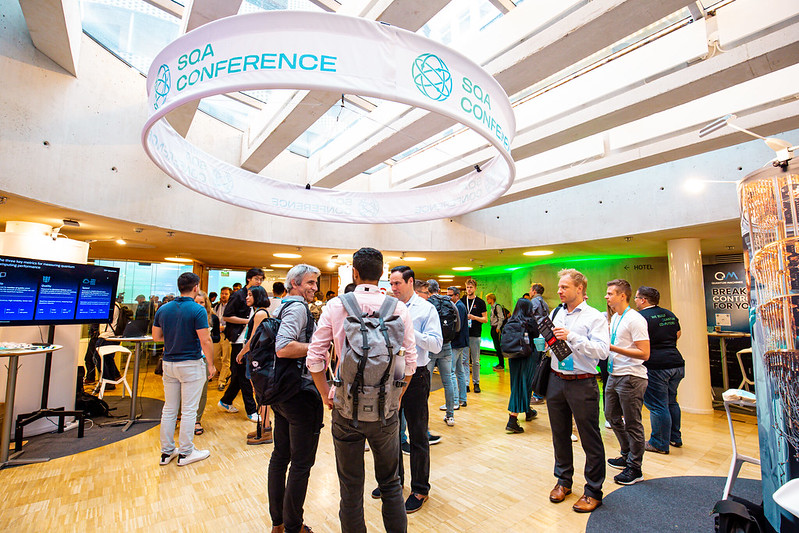

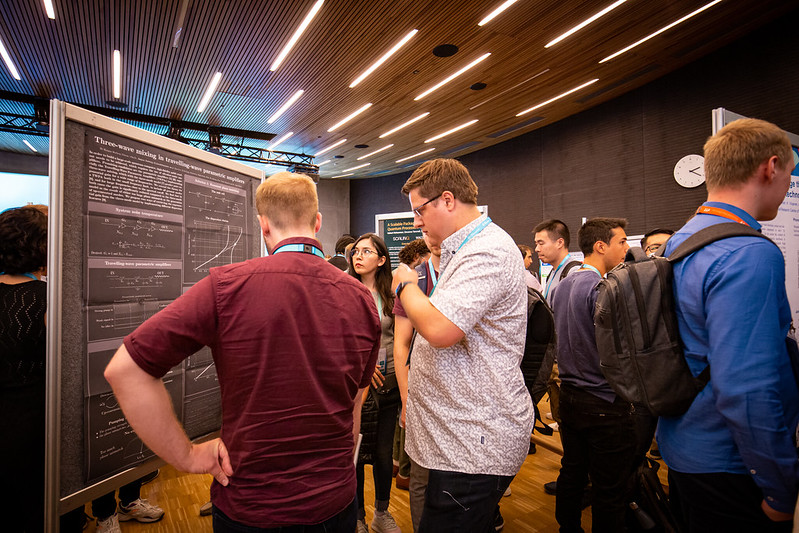




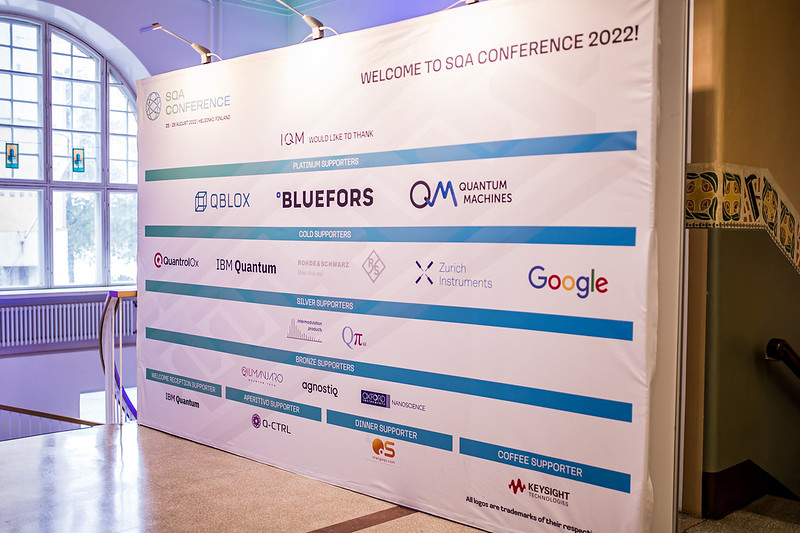




.png)
























 Designing, developing, and fabricating hardware to enable quantum computing.
Designing, developing, and fabricating hardware to enable quantum computing.
 Agnostiq develops software tools and applications that aim to make quantum and high performance computing
resources more accessible to enterprises and developers. Along with algorithmic research, Agnostiq is
developing Covalent, an open source workflow orchestration platform designed to help users manage and execute
tasks on quantum and classical high performance computers. You can learn more at www.covalent.xyz.
Agnostiq develops software tools and applications that aim to make quantum and high performance computing
resources more accessible to enterprises and developers. Along with algorithmic research, Agnostiq is
developing Covalent, an open source workflow orchestration platform designed to help users manage and execute
tasks on quantum and classical high performance computers. You can learn more at www.covalent.xyz.
 Orange QS delivers systems that enable customers to improve their quantum chips. With easy-to-use tools,
customers can test their quantum chips faster and more reliably. State-of-the-art diagnostic protocols and
integrated qubit control hardware are available for purchase today.
Orange QS delivers systems that enable customers to improve their quantum chips. With easy-to-use tools,
customers can test their quantum chips faster and more reliably. State-of-the-art diagnostic protocols and
integrated qubit control hardware are available for purchase today.